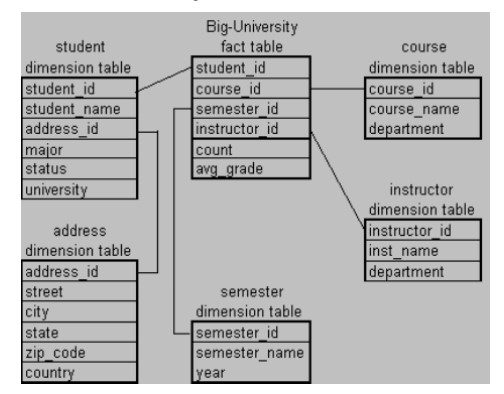Ecommerce security
Ecommerce security
- eCommerce security is the guideline that ensures safe transactions through the internet. It consists of protocols that safeguard people who engage in online selling and buying goods and services. You need to gain your customers’ trust by putting in place eCommerce security basics. Such basics include:
- Privacy
- Integrity
- Authentication
- Non-repudiation
- Ecommerce security refers to the measures taken to protect your business and your customers against cyber threats.
- E-commerce security is the protection of e-commerce assets from unauthorized access, use, alteration, or destruction.
- E-Commerce security has been defined as “the technical tools backed by laws, regulations and administrative process designed to preserve the integrity and availability of digital information, assets process and transactions in e-commerce”
Type of E-Commerce Security
1. Physical Security
It includes tangible protection devices such as alarms, guards, fireproof doors, security fences, and bomb-proof buildings, etc.
2. Logical Security
Protection of assets using non-physical means called logical security. It consists of software safeguards for an organization's systems, including user identification and password access, authenticating, access rights, and authority levels. These measures are to ensure that only authorized users are able to perform actions or access information in a network or a workstation.
or,
Ecommerce security
Security is an essential part of any transaction that takes place over the internet. Customers will lose his/her faith in e-business if their security is compromised. Following are the essential requirements for safe e-payments/transactions −
Confidentiality − Information should not be accessible to an unauthorized person. It should not be intercepted during the transmission.
Integrity − Information should not be altered during its transmission over the network.
Availability − Information should be available wherever and whenever required within a time limit specified.
Authenticity − There should be a mechanism to authenticate a user before giving him/her access to the required information.
Non-Repudiability − It is the protection against the denial of order or denial of payment. Once a sender sends a message, the sender should not be able to deny sending the message. Similarly, the recipient of the message should not be able to deny the receipt.
Encryption − Information should be encrypted and decrypted only by an authorized user.
Auditability − Data should be recorded in such a way that it can be audited for integrity requirements.
Measures to ensure Security
Major security measures are following −
Encryption − It is a very effective and practical way to safeguard the data being transmitted over the network. The sender of the information encrypts the data using a secret code and only the specified receiver can decrypt the data using the same or a different secret code.
Digital Signature − Digital signature ensures the authenticity of the information. A digital signature is an e-signature authenticated through encryption and a password.
Security Certificates − A security certificate is a unique digital id used to verify the identity of an individual website or user.
.png)



Comments
Post a Comment